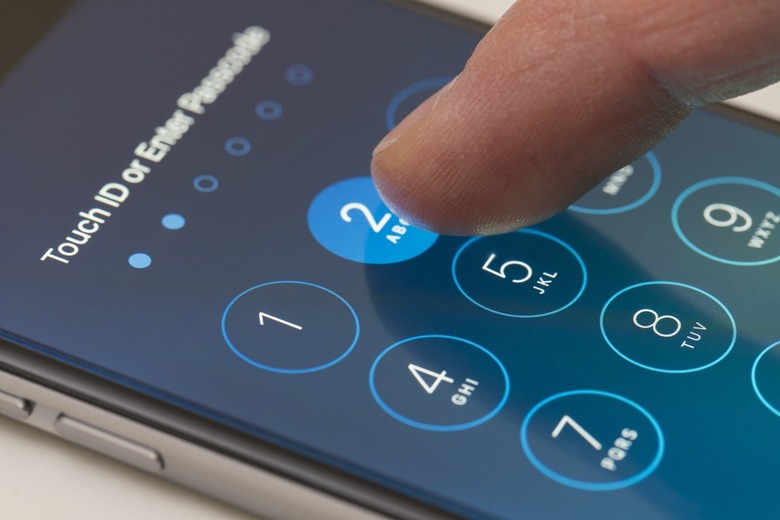Security Company Claims It Can Access Data From Locked iPhones With 100% Success Rate
Despite Apple's best efforts, it appears that security researchers are still coming up with ways to access data on an otherwise locked iOS device. Most recently, a data recovery firm dubbed DriveSavers started advertising a new technology — with a 100% success rate, mind you — that can purportedly recover data from a wide array of password protected phones, including the iPhone.
Per the company website, the solution in question is effective with any type of iPhone model running any variant of iOS, including iOS 12.
DriveSavers' advertising pitch reads in part:
Utilizing new technology, we have a 100% success rate with unlocking and recovering data from passcode-protected smartphones of every make, model and operating system with any length passcode, including phones and tablets with more complicated passcodes of six digits or more.
Price wise, DriveSavers' solution doesn't come cheap, with the company telling MacRumors that its service costs approximately $3,900.
Not surprisingly, DriveSavers doesn't even give us a clue as to how its technology manages to bypass increasingly stringent security measures Apple bakes into iOS. Presumably, Apple will take measures to address any software vulnerability DriveSavers' solution is exploiting at some point in the future. Indeed, you might recall that Apple just about a month ago took measures to block one solution that was being utilized by a security company called Grayshift.
One key distinction, though, is that DriveSavers claims that it won't offer up its solution to law enforcement authorities. In other words, this is a consumer-facing solution for users who forgot their passcode, used up their allotted number of guesses, or are simply trying to access the device of a recently deceased loved one. To that end, DriveSavers has a protocol designed to ensure that users can't unlock the contents of devices that don't belong to them.
"DriveSavers is also using strict identification protocols, in some cases requesting documents that include death certificates, probate documents, court documents, and more," MacRumors notes.
All that said, perhaps this is one workaround Apple will let stand.
